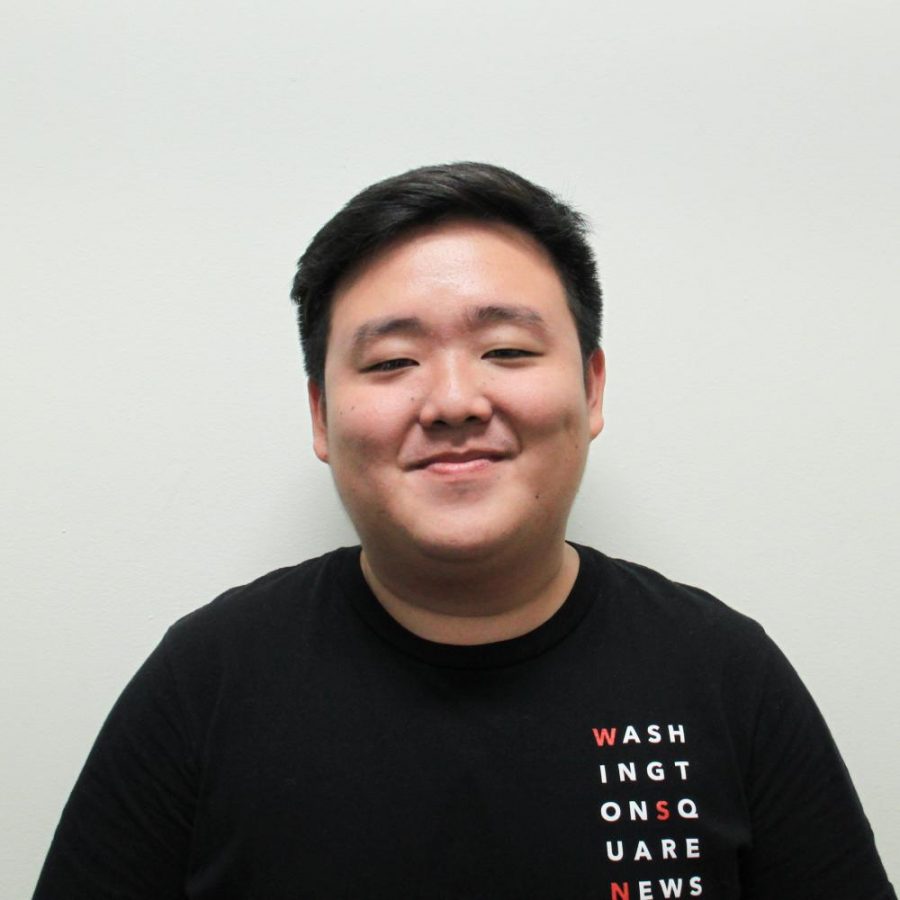The Graduate Employees’ Organization at the University of Michigan organized a strike on Sept. 8 in response to the university’s plans to reopen its campus and the lack of transparency regarding COVID-19 policies from the university. For a week, a large portion of university labor stopped. Dining workers initiated a work slowdown and unionized truck drivers and construction workers stopped working on campus as well. In response, UMichigan sought a restraining order from the courts that would force graduate strikers to go back to work.
The strike eventually ended on Sept. 16, after the GEO accepted a second deal from the university. According to the GEO, the group won serious concessions, with some pandemic childcare options, transparency in COVID-19 protocols, incremental progress in policing demands and more. In the end, the GEO forced UM to provide support to graduate workers — even when the university and its officials were bent on legally crushing the strike.
The strike at UM has direct implications for NYU’s Graduate Student Organizing Committee. GSOC has been in extensive contract and impact bargaining negotiations with the university this year and is arguing for policies that affect both graduate employees and the NYU community as a whole. These demands include hazard pay, graduate funding extensions, guaranteed paid leave, rent subsidies, full COVID-related healthcare coverage and the maintenance of visa statuses for graduate workers who are international students. GSOC is also pushing NYU to implement stronger protections against discrimination and harassment, as well as to break ties with the New York Police Department and other law enforcement agencies.
Many of GSOC’s demands are similar to the ones made by the GEO at UM. Both demand stronger protections and accommodations for graduate workers that adapt to the financial reality of the pandemic. Both call for an end to their respective university’s relationship with the police. Clearly, each group has been at the forefront of making change at the university level.
In the past, GSOC has used its power to advocate for important issues for its members and the broader NYU community. In GSOC’s contract negotiations in 2015, the union acquired higher wages and 90% subsidized healthcare for graduate workers. Since then, it has also organized against the consolidation of student health care plans and the rehiring of Avital Ronell — the German and Comparative Literature professor who sexually harassed a former graduate student. GSOC has shown that in university politics, graduate worker unions hold greater leverage over the university than most other student groups on campus.
Yet, NYU seems to push back against GSOC at every turn. According to GSOC, the university has largely ignored or refused to accept most of the union’s demands this past year, including the one on cutting ties with the NYPD. Due to this, some may argue that pushing NYU for these demands is futile.
GSOC’s negotiating power at NYU is further amplified, because of the GEO’s work at UM,. The fact that the GEO gained even incremental progress in reforming local policing by refusing the university’s first offer shows a graduate workers’ union could force a university’s hand through withholding labor.
Moreover, the rise in protests against police brutality and racism have led to an increased awareness of these specific issues, especially within the NYU community. In a joint statement released on June 1 with GSOC, the Incarceration to Education Coalition called for an end to the University’s relationship with the police and supported protests against police brutality. In addition, as of Sept. 27, over 28,000 people signed a petition started by alumna Rebecca Kligerman calling on the university to sever ties with the NYPD. Opposition to the NYPD and the university’s ties with the department has grown considerably.
The GEO at UM provided a path forward for graduate workers’ unions at universities. It has shown that unions are the best type of organization to spearhead the fight against fundamental problems in universities. It is clear that GSOC holds the most power at NYU to protect and accommodate the most vulnerable at the university. In order to utilize this power, it is not only logical to support GSOC — it has become a necessity.
Opinions expressed on the editorial pages are not necessarily those of WSN, and our publication of opinions is not an endorsement of them.
A version of this article appeared in the Monday, Sept. 28, 2020 e-print edition. Email Jun Sung at [email protected].























































































































































